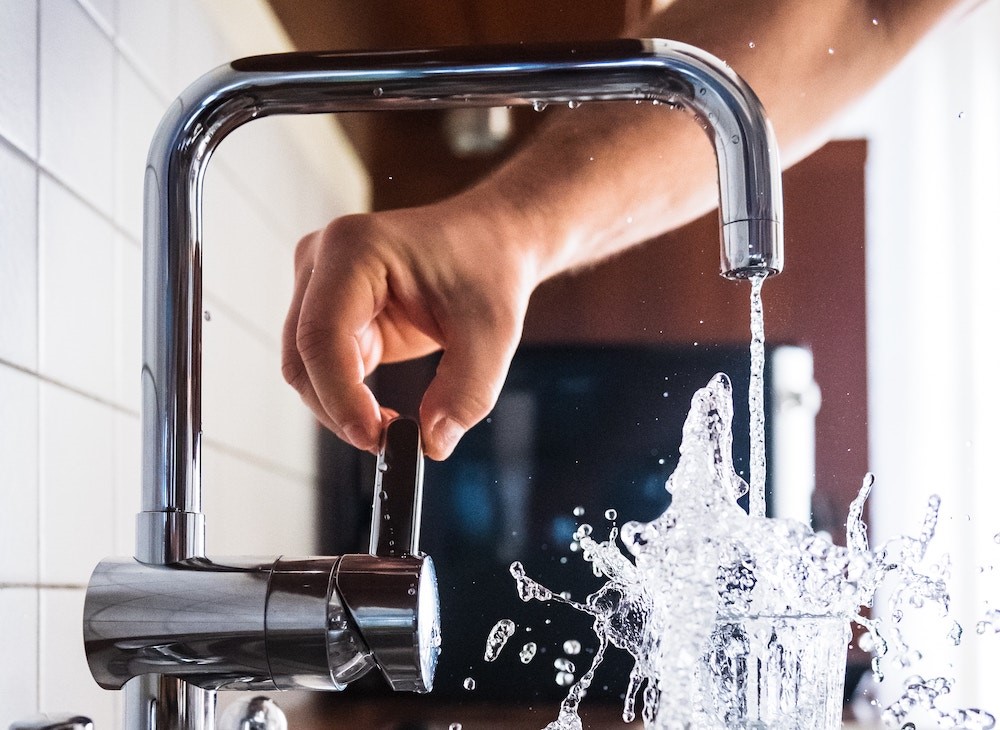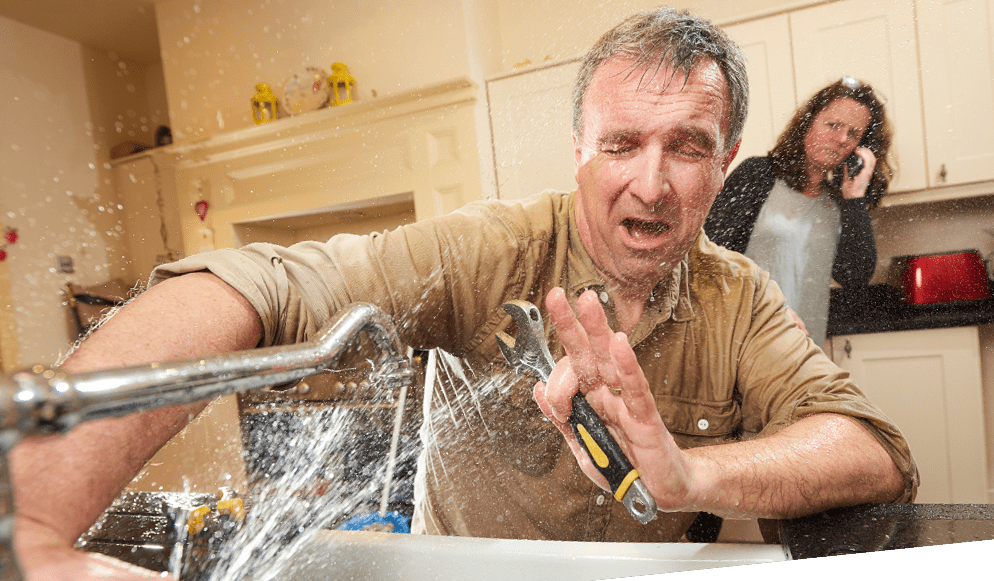Steps to Fix Critical Plumbing Issues Before Expert Help Arrives
Steps to Fix Critical Plumbing Issues Before Expert Help Arrives
Blog Article
They are making a few great pointers regarding Expert Tips for Managing a Plumbing Emergency Until Help Arrives as a whole in this content in the next paragraphs.

Pipes emergencies can strike at any moment, creating stress and potential damage to your home. Whether it's a burst pipeline, a clogged up drain, or a leaky faucet, recognizing just how to take care of the situation until an expert plumbing technician gets here can conserve you from further problems. This short article supplies crucial emergency plumbing tips to assist you reduce damages and gain back control throughout a pipes situation.
Switch off the Water System
The very first step in any kind of pipes emergency situation is to shut down the water. For local concerns, such as a dripping tap or commode, switch off the shutoff near the component. When it comes to a significant leak or burst pipe, find your home's primary water shut-off valve and turn it off instantly. Knowing the place of these valves beforehand can save valuable time during an emergency situation.
Address Tiny Leakages with Momentary Repairs
Little leaks can promptly come to be substantial troubles if left uncontrolled. Utilize these momentary repairs until professional aid gets here:
While these solutions aren't permanent, they can assist lessen water loss and damage.
Unclog Drains Pipes Safely
A clogged drainpipe can be an irritating and untidy concern. Right here's how to tackle it:
If these methods do not work, stay clear of utilizing too much force, as it might aggravate the obstruction.
Manage Overflowing Toilets
An overruning bathroom can cause prompt mayhem. Here's what you need to do:
Turn off Your Hot Water Heater
In certain emergency situations, such as a burst pipeline, it's smart to shut off your water heater. This protects against overheating or damages to the unit when water quits flowing. Shut off the power supply to the water heater (electric or gas) and allow it cool down to stay clear of potential dangers.
Temporarily Stop a Ruptured Pipe
A ruptured pipeline can result in substantial water damage in minutes. To minimize the issue:
Call an expert plumbing professional immediately to deal with the trouble completely.
Take Care Of Frozen Pipes Carefully
In chillier climates, icy pipelines are an usual emergency. If you presume an icy pipeline:
Prevent Further Damages
Taking quick activity to reduce damages can save you money and time in the long run. Right here's just how:
. Have an Emergency Plumbing Kit
Prepare a standard plumbing emergency package to deal with small problems efficiently. Your kit must include:
Having these tools on hand can make a significant distinction in your capacity to handle emergencies.
Know When to Call a Professional.
While quick fixes can aid momentarily, certain plumbing issues call for prompt specialist focus. Call a plumber if:.
Immediately contacting a professional guarantees the issue is solved appropriately and protects against more complications.
Conclusion.
Plumbing emergencies can be frustrating, but with the best understanding and devices, you can manage the circumstance properly till help shows up. By shutting off the water, dealing with little leakages, and using momentary solutions, you can reduce damages and maintain your home safe. Remember, these suggestions are momentary solutions; always seek advice from an accredited plumbing professional to handle the root cause of the issue. Prep work and fast thinking are your finest allies in any type of pipes emergency.
8 Helpful Tips for Managing Plumbing Emergencies at Home
If your plumbing system hasn’t failed once, wait for it because almost everyone has a story to tell. Sometimes, it could be simple emergencies such as a leaking pipe, a blocked cistern, or even a big burst pipe. In situations like this, you need to have some handy tips to save you some money and from possible damages.
Take care of minor issues early.
Sometimes, you could have avoided an emergency by taking proactive measures while it was still early. Some major plumbing emergencies can be a result of an ignored minor issue. We recommend that you have items like plumbing tapes and other related items. A plumbing tape can allow you to manage minor leaks before the plumber arrives.
Cut off the water supply.
This tip is essential in almost any type of leakage problem. For problems like minor leakages in the toilet or kitchen, turn off the supply that takes water to the affected pipes. If the leakage is a major pipe, you must shut off the supply valve to the entire building. This will help you avoid flooding your home and neighbors if you share a flat.
Know your plumbing system
Folks typically move into a new apartment without understanding the water supply around the building. This can prove disastrous if a water emergency arises and the plumber is far away. The previous tip will prove useless if you don’t practice this one. More importantly, know where your water shut-off valve is located – you’ll need that knowledge to prevent potential home floods.
Have some common handy tools
There are lots of plumbing emergencies that you can handle without hiring a plumber. That’s why you must keep some tools available always. Some tools that you can use to fix simple plumbing emergencies easily include plumbing tapes, screwdrivers, thread seal tapes, plungers, pliers, tape measures, and rubber gloves.
Insulate your pipes from cold
You’ll save yourself from many plumbing expenses if you protect your water pipes from the cold. This is because of the harmful effects that cold weather can have on your pipes. During winter, your pipes can burst from being overly expected to freezing temperatures. So, make sure insulators are there to keep the pipes working correctly.
Avoid practices that will clog your toilet.
Many people indulge in practices that can damage the plumbing system of the entire building. One of these is when they use their toilet to dispose-off garbage. They flush all kinds of things, such as paper towels, bandages, hairs, female sanitary products, etc., down the toilet. This will block your toilet in the long run, incurring unnecessary expenditures. Dump such waste in the trash instead.
Check your dials regularly.
Sometimes, there could be leakages in your home without noticing them in time. So, constantly monitor your water meter dial. If the dial is reading when there is nobody using water, this is an indicator that there is leaking. Check for leaks immediately. Call a plumber as soon as possible if you can’t find any.
https://www.constructionplacements.com/8-helpful-tips-for-managing-plumbing-emergencies-at-home/

As a keen person who reads about Plumbing Emergencies: Tips on What To Do Before, I imagined sharing that excerpt was a great idea. Sharing is good. You won't know, you may just be doing someone a favor. Thank you for your time. Please check our blog back soon.
Click Here Report this page